Article-At-A-Glance
- Phosphatidylserine is a natural phospholipid that supports brain cell function and can significantly improve cognitive symptoms in ageing pets.
- Signs your pet may benefit from phosphatidylserine include confusion, altered sleep patterns, decreased activity, anxiety, and memory problems.
- This supplement works by repairing cell membranes, enhancing neurotransmitter function, and improving brain energy metabolism in both cats and dogs.
- JPS Natural Pet Supplements offers specialised formulations combining phosphatidylserine with complementary ingredients like Omega-3 and antioxidants for optimal brain health.
- The correct dosage varies significantly between cats and dogs of different sizes, making proper supplementation guidance essential for effective results.
When your beloved furry companion starts showing signs of slowing down mentally, it can be heartbreaking. That vacant stare, the nighttime pacing, or forgetting basic commands they once knew perfectly - these changes signal cognitive decline that affects countless ageing pets. Phosphatidylserine supplements are emerging as a powerful natural solution for supporting brain health in dogs and cats.
Phosphatidylserine

Phosphatidylserine is a naturally occurring phospholipid that plays a crucial role in maintaining healthy brain cell function. As pets age, levels of this vital compound decrease, contributing to cognitive decline and behaviour changes. JPS Natural Pet Supplements has developed specialised formulations that harness the power of phosphatidylserine alongside complementary ingredients to combat these age-related changes effectively.
What Is Phosphatidylserine and Why Your Pet Needs It
Phosphatidylserine (PS) is a phospholipid compound that serves as a fundamental building block for cell membranes throughout your pet's body, with particularly high concentrations in brain tissue. This remarkable substance plays a critical role in cellular communication, especially between neurons. As pets age, natural PS levels decline significantly, which contributes directly to cognitive deterioration and the behavioural changes many pet owners observe in senior animals.
Unlike many supplements that address symptoms, phosphatidylserine works at the cellular level to support and maintain actual brain structure and function. The decline in natural PS production creates a deficit that supplementation can help address, potentially slowing or even temporarily reversing some cognitive symptoms. When properly supplemented, many pet owners report noticeable improvements in alertness, memory, and overall quality of life in their ageing companions.
- Maintains cell membrane integrity and fluidity
- Supports neuron-to-neuron communication
- Helps regulate calcium levels in brain cells
- Promotes glucose metabolism in the brain
- Assists in the release of neurotransmitters
What makes phosphatidylserine particularly valuable is its comprehensive approach to brain health. Rather than targeting just one aspect of cognitive function, PS provides foundational support that benefits multiple brain processes simultaneously. The compound has been extensively studied in humans, and research increasingly confirms similar benefits for our canine and feline companions. For ageing pets experiencing cognitive challenges, this natural compound represents one of the most promising avenues for meaningful improvement.
5 Signs Your Dog or Cat Could Benefit from Phosphatidylserine
Recognising cognitive decline in pets can be challenging, as many owners mistakenly attribute changes to "just getting old." However, identifying specific symptoms early allows for more effective intervention with supplements like phosphatidylserine. The following signs may indicate your pet could benefit from brain health support, especially if you notice multiple symptoms or rapid progression.
Not all ageing pets will show the same symptoms, and the severity can vary widely depending on breed, overall health, and individual brain chemistry. Regular veterinary check-ups combined with your observations at home provide the best picture of your pet's cognitive health. If you notice these signs, discussing phosphatidylserine supplementation with your veterinarian could be a crucial step toward improving your pet's quality of life.
Benefits of JP's Natural Brain Supplement with Phosphatidylserine

Confusion and Disorientation
One of the earliest and most telling signs of cognitive decline in pets is confusion about familiar surroundings or routines. You might notice your dog or cat getting "stuck" in corners, staring blankly at walls, or appearing lost in your home. Some pets may suddenly forget where their food bowl is located or have trouble navigating previously simple pathways like stairs or doorways. This spatial disorientation often progresses gradually but can be particularly distressing for both pets and owners.
Common Disorientation Behaviours to Watch For:
• Getting "stuck" behind furniture or in corners
• Forgetting the location of doors or pet doors they use regularly
• Walking to the wrong side of the doors to exit
• Failing to recognise familiar environments
• Appearing confused after waking up
Phosphatidylserine's ability to support healthy neural connections may help reduce these episodes of confusion by strengthening the brain's spatial mapping functions. Many pet owners report significant improvements in their pet's spatial awareness after several weeks of consistent supplementation, with fewer instances of disorientation around the home. These improvements can dramatically enhance the quality of life for senior pets who otherwise become increasingly anxious about navigating their environment.
Changes in Sleep Patterns
Disrupted sleep-wake cycles are a hallmark sign of cognitive decline in ageing pets. Your once predictable sleeper may now pace restlessly at night, vocalise without apparent reason, or seem unable to settle down. Many pets with cognitive issues experience a complete reversal of normal patterns – sleeping deeply during the day but becoming active and agitated after dark. This phenomenon, sometimes called "sundowner syndrome," can be exhausting for both pets and their human families.
- Restless pacing or wandering at night
- Increased vocalisation during normal sleeping hours
- Extended periods of deep sleep during daylight hours
- Difficulty settling down or finding comfortable sleeping positions
- Sudden startling from sleep for no apparent reason
Phosphatidylserine may help regulate these disrupted sleep patterns by supporting the brain's natural circadian rhythm functions. The phospholipid plays a role in maintaining healthy serotonin and melatonin pathways, neurotransmitters critical for normal sleep regulation. Pet owners often notice improved sleep quality within a few weeks of beginning phosphatidylserine supplementation, with more normal nighttime rest patterns gradually returning. This improvement alone can significantly enhance the quality of life for both pets and their human caregivers.
Decreased Activity Levels
While some reduction in physical activity is normal with age, cognitive decline often causes a more dramatic decrease in engagement and interest in surroundings. You might notice your pet no longer greets you at the door, shows reduced interest in toys or play, or spends increasing amounts of time staring blankly or sleeping. This withdrawal isn't simply physical tiredness but reflects neurological changes affecting motivation and pleasure centres in the brain. Pets experiencing cognitive decline often appear to "check out" mentally from activities they once enjoyed.
Increased Anxiety or Irritability
Cognitive decline frequently manifests as heightened anxiety or unexplained changes in temperament. Your usually friendly pet may become irritable, startle easily, or show signs of stress without obvious triggers. Some pets develop new phobias or sensitivities to noises, visitors, or handling. This increased emotional reactivity stems from the brain's diminished ability to process environmental stimuli properly and can significantly impact your pet's well-being. Phosphatidylserine's support of healthy neuron function may help moderate these emotional responses by improving the brain's filtering and processing capabilities.
Memory Loss (Not Responding to Commands)
Perhaps the most heartbreaking sign of cognitive decline is when a previously well-trained pet begins forgetting basic commands or house-training rules. Your dog might suddenly seem unable to recall the "sit" command they've known for years, or your cat may forget litter box habits. This isn't stubbornness or rebellion – it's genuine memory failure as neural pathways deteriorate. Phosphatidylserine specifically supports the brain regions responsible for memory formation and retrieval, potentially helping preserve these essential cognitive functions and maintaining the communication bond you've built with your pet over years of companionship.
How Phosphatidylserine Works in Your Pet's Brain
Phosphatidylserine doesn't just mask symptoms—it addresses cognitive decline at its biological source. This remarkable compound works through multiple mechanisms to support and restore brain function in ageing pets. Understanding these mechanisms helps explain why phosphatidylserine often produces more comprehensive improvements than single-target supplements.
Cell Membrane Support and Repair
At its most fundamental level, phosphatidylserine serves as a crucial structural component of brain cell membranes. These membranes become less flexible and more damaged with age, impairing cellular communication. When supplemented, phosphatidylserine integrates directly into these cell membranes, helping restore their flexibility and function. This restoration process allows neurons to communicate more effectively and respond appropriately to stimuli, ultimately improving overall cognitive processing.
The cell membrane restoration process is particularly important for maintaining the brain's plasticity—its ability to form new connections and adapt to changes. As pets age, this plasticity naturally diminishes, but phosphatidylserine helps maintain the cellular environment necessary for continued adaptation and learning. This helps explain why many pet owners notice their senior companions becoming more responsive and engaged after beginning supplementation.
Neurotransmitter Function Enhancement
Proper brain function depends on the precise release and reception of neurotransmitters—the chemical messengers that carry signals between neurons. Phosphatidylserine plays a critical role in this process, helping regulate the release of essential neurotransmitters, including acetylcholine, dopamine, and serotonin. These chemicals control everything from memory formation to mood regulation and sleep cycles in your pet's brain.
As pets age, neurotransmitter production and regulation naturally decline, contributing to cognitive symptoms like memory loss and mood changes. Phosphatidylserine helps normalise these chemical pathways, supporting more consistent neurotransmitter function. The result is often improved memory recall, more stable moods, and better sleep-wake cycles—all contributing to a higher quality of life for ageing pets.
Brain Energy Metabolism Improvement
The brain is an energy-intensive organ, requiring constant glucose metabolism to function correctly. Phosphatidylserine helps optimise how brain cells utilise glucose, improving their energy efficiency. As pets age, metabolic support is crucial because their brain cells become less effective at producing and using energy.
By enhancing cellular energy metabolism, phosphatidylserine helps combat the mental fatigue and reduced alertness common in senior pets. Many pet owners report their companions seem more mentally energetic and engaged after beginning supplementation, with improved responsiveness and attention spans. This energy boost isn't stimulant-based but rather reflects improved cellular function and efficiency at the most fundamental level.
Premium ingredients for dog and cat brain health

Proven Benefits for Senior Dogs
Research specifically examining phosphatidylserine's effects in canines has demonstrated remarkable improvements across multiple aspects of cognitive function. These studies consistently show that regular supplementation can significantly enhance the quality of life for ageing dogs, often within weeks of beginning treatment. The benefits tend to be most pronounced in dogs showing early to moderate signs of cognitive decline, highlighting the importance of early intervention.
Memory and Learning Improvement
One of the most well-documented benefits of phosphatidylserine for dogs is its positive impact on memory formation and recall. Clinical studies have shown improvements in both short-term working memory and longer-term retention after consistent supplementation. Dogs receiving phosphatidylserine demonstrated better performance on recognition tasks, improved recall of previously learned commands, and enhanced ability to navigate familiar environments compared to control groups.
Most encouraging for pet owners, these memory improvements often translate to renewed responsiveness to training and commands. Dogs that had begun to "forget" basic commands usually show continued ability to follow familiar instructions. This restoration of communication channels between pet and owner can significantly improve daily interactions and maintain the training investment made throughout the dog's life.
Reduced Anxiety and Stress
Cognitive decline frequently manifests as increased anxiety, sensory sensitivity, and stress responses in ageing dogs. Phosphatidylserine has demonstrated significant benefits in moderating these emotional responses. By supporting healthy brain cell function in regions responsible for emotional regulation, the supplement helps dogs maintain more balanced responses to environmental stimuli.
Many dog owners report that after beginning phosphatidylserine supplementation, their pets show reduced pacing, less startling at noises, decreased separation anxiety, and a calmer demeanour. This anxiety reduction often occurs gradually over several weeks of consistent supplementation. For many senior dogs, this emotional stabilisation dramatically improves quality of life, making daily activities less stressful and more enjoyable.
Enhanced Daily Activity Levels
Senior dogs receiving phosphatidylserine supplements typically show increased interest in their surroundings and greater engagement in daily activities. Rather than producing hyperactivity, this effect manifests as a return to more normal interaction patterns and curiosity levels. Dogs often show more interest in play, exploration, and social interaction—behaviours that naturally decline with cognitive deterioration.
This activity enhancement reflects improved neurological function rather than stimulation, an important distinction from supplements that merely boost energy temporarily. Phosphatidylserine helps restore the brain's natural motivation and reward pathways, allowing dogs to find pleasure and purpose once again in activities they previously enjoyed. For many pet owners, seeing their senior companion showing renewed interest in toys, walks, or interaction provides heartwarming confirmation of improved brain health.
Phosphatidylserine for Cats: What's Different
While much of the research on phosphatidylserine has focused on dogs and humans, emerging evidence suggests cats may benefit equally from supplementation. However, cats have unique physiological needs and metabolic pathways that require special consideration when implementing brain health supplements. Understanding these feline-specific factors is essential for optimising results in cat patients.
Feline-Specific Dosage Guidelines
Cats generally require lower doses of phosphatidylserine than dogs, reflecting their smaller body size and unique metabolism. Most experts recommend starting with approximately 10-15mg daily for the average house cat, adjusting based on response and body weight. This lower dosing strategy helps prevent potential digestive upset while still providing therapeutic benefits. For cats with advanced cognitive symptoms, veterinarians may gradually increase the dose while monitoring for both improvements and any adverse effects.
Benefits for Cat Cognitive Health
Feline cognitive dysfunction syndrome (CDS) shares many similarities with canine cognitive decline, but cats often display species-specific symptoms like increased vocalisation, especially at night. Phosphatidylserine supplementation has been observed to reduce these vocalisations in many cases, likely by improving sleep-wake cycle regulation and reducing confusion. Cats receiving the supplement also frequently show improved litter box habits, better grooming behaviours, and more normal interaction patterns with their human companions.
Observational studies suggest cats may respond more quickly to phosphatidylserine than dogs, with some owners reporting noticeable improvements within just 7-10 days of consistent supplementation. This rapid response may reflect differences in feline brain metabolism or blood-brain barrier permeability. For many senior cats, particularly those over 12 years old, phosphatidylserine provides a gentle yet effective support for maintaining mental clarity and behavioural stability.
Cat owners should be particularly attentive to administering consistent daily doses, as cats may be more sensitive to fluctuations in supplement levels than dogs. Establishing a regular supplementation routine integrated with feeding times helps maintain steady blood levels and optimise results. Products specifically formulated for felines, which account for their unique taste preferences and smaller size, typically yield better compliance and results than attempting to divide canine formulations.
Proper Dosage: How Much to Give Your Pet
Determining the optimal phosphatidylserine dosage for your pet requires consideration of several factors, including weight, age, severity of symptoms, and individual metabolism. Starting with conservative doses and gradually increasing if needed typically yields the best results while minimising potential digestive adjustment issues. Regular monitoring allows for personalised optimisation based on your pet's unique response pattern.
Small Dogs (Under 10kg)
Small breed dogs typically require between 20-30mg of phosphatidylserine daily for optimal results. This lower dose accounts for their smaller brain mass and total body weight while still providing therapeutic benefits. For small breeds under 5kg, starting at the lower end of this range is recommended, with the option to increase slightly if needed after 2-3 weeks of observation. Small breeds often show sensitivity to supplements, so monitoring for both positive changes and any adverse effects is particularly important during the initial supplementation period.
Medium to Large Dogs (10-30kg)
For medium to large dogs, a daily phosphatidylserine dose of 30-60mg typically provides optimal benefits. The wide range accounts for significant variation in both size and metabolism within this category. Starting at the middle of the range (approximately 45mg) allows for adjustment in either direction based on observed response. Dogs with more pronounced cognitive symptoms may benefit from the higher end of the dosage range, while those showing mild changes might maintain improvement at lower doses.
Many owners of medium to large breeds report the most consistent results when dividing the daily dose between morning and evening administration. This split dosing helps maintain more consistent blood levels throughout the day and may enhance overall effectiveness, particularly for dogs showing both daytime and nighttime symptoms. Quality supplements explicitly designed for this weight range typically provide convenient dosing options that simplify this approach.
Safety and Side Effects: What to Watch For
Phosphatidylserine is generally considered very safe for pets when appropriately administered, with few reported adverse effects in clinical studies. As with any supplement, however, there is individual variation in how animals respond, and knowing what to monitor helps ensure the best experience for your pet. Most side effects, when they do occur, are mild and typically resolve either with continued use as the body adjusts or with simple dosage adjustments.
Common Minor Side Effects
The most frequently reported side effects of phosphatidylserine supplementation in pets are mild digestive disturbances during the initial adjustment period. Some pets may experience temporary loose stools, mild stomach upset, or changes in appetite during the first 3-7 days of supplementation. These digestive effects typically resolve on their own as the pet's system adjusts to the supplement. Starting with lower doses and gradually increasing to the recommended amount can significantly reduce the likelihood of these adjustment reactions.
When to Consult Your Vet
While severe adverse reactions to phosphatidylserine are rare, certain situations warrant prompt veterinary consultation. Contact your veterinarian if you observe persistent digestive issues lasting more than a week, unusual lethargy, changes in water consumption, or any new behavioural changes that concern you. Pets with pre-existing liver or kidney conditions should be monitored more closely when beginning any new supplement regimen. Additionally, if your pet is currently taking medications, particularly those affecting brain chemistry or blood clotting, professional guidance helps ensure there are no problematic interactions.
Choosing a Quality Phosphatidylserine Supplement
Not all phosphatidylserine supplements are created equal, and the quality difference can significantly impact the results you see in your pet. With numerous products on the market making various claims, knowing how to evaluate supplement quality becomes essential for pet owners seeking the best outcomes. The investment in a premium-quality phosphatidylserine product typically yields better results and fewer issues than cutting corners with inferior formulations.
Ingredient Source and Purity
The source of phosphatidylserine in pet supplements varies widely, with significant implications for both effectiveness and safety. Historically, phosphatidylserine was derived from bovine brain tissue, but concerns about prion diseases led to the development of plant-based alternatives. Modern supplements typically use soy or sunflower lecithin as the raw material for phosphatidylserine extraction, with sunflower sources generally preferred for pets with potential soy sensitivities.
Beyond the basic source material, extraction methods and purification processes dramatically affect the final product quality. Higher-end supplements employ advanced filtration techniques that remove potential contaminants while preserving the biological activity of the phospholipids. When evaluating supplements, look for detailed information about both sourcing and manufacturing processes rather than vague claims about "purity" without substantiation.
- Sunflower-derived phosphatidylserine is generally preferred for pets with potential food sensitivities.
- Products should specify phosphatidylserine percentage or concentration
- Third-party testing certification indicates manufacturer confidence in quality
- Pharmaceutical-grade ingredients offer higher consistency than food-grade alternatives
- Look for supplements manufactured in facilities meeting GMP (Good Manufacturing Practice) standards
The production environment matters significantly for supplement quality and consistency. Reputable manufacturers like JPS Natural Pet Supplements maintain strict quality control protocols throughout the manufacturing process, ensuring each batch meets the same high standards. This consistency is particularly important for brain health supplements, where fluctuations in active ingredient levels could impact therapeutic effects and potentially disrupt your pet's progress.
Proper Concentration Levels
The concentration of active phosphatidylserine in supplements varies dramatically, from as little as 10% to more than 50% in premium formulations. This concentration directly affects the volume of supplement needed to achieve therapeutic dosing. Higher-quality supplements typically provide clearly stated phosphatidylserine concentrations, allowing for more precise dosing and normally requiring smaller amounts of the supplement to achieve the desired effect. When comparing products, calculate the cost per milligram of actual phosphatidylserine rather than simply comparing package prices, as higher concentrations often provide better value despite higher initial price points.
Avoiding Fillers and Additives
Lower-quality pet supplements contain unnecessary fillers, artificial flavours, preservatives, and other additives that can trigger sensitivities in some animals. When selecting a phosphatidylserine supplement, examine the complete ingredient list carefully, not just the featured ingredients. Ideally, choose products with minimal additional ingredients beyond the active components and necessary binding agents. For pets with known sensitivities, hypoallergenic formulations that avoid common triggers like wheat, corn, dairy, and artificial colours provide an extra measure of safety while still delivering the cognitive benefits of phosphatidylserine.
Reading Label Claims
Marketing claims on pet supplement packaging require careful interpretation, as the industry has less stringent regulations than pharmaceuticals. Look for specific, measurable claims supported by research rather than vague promises of miracle results. Reputable manufacturers provide clear information about dosage, active ingredient concentrations, and expected timeframes for results rather than exaggerated claims of immediate transformation. Be particularly wary of products claiming to be "all-natural" without specifying their ingredients or those using proprietary blends that don't disclose the amounts of each component, as these marketing approaches often mask lower concentrations of expensive active ingredients.
The most trustworthy supplements provide transparent information about both ingredients and the research supporting their use. JPS Natural Pet Supplements stands out in this regard, offering detailed educational resources about their phosphatidylserine formulations along with realistic expectations about results. This transparency reflects confidence in product quality and demonstrates a commitment to helping pet owners make informed decisions rather than relying on marketing hype to drive sales.
Real Success Stories: How This Supplement Changed Pets' Lives
Sixteen-year-old Labrador Retriever Max had been showing increasing signs of cognitive decline for nearly a year—pacing at night, staring blankly at walls, and failing to recognise family members. His owner, Sarah, had resigned herself to the idea that these were inevitable aspects of canine ageing until her veterinarian suggested phosphatidylserine supplementation. Within three weeks, the changes were remarkable: Max began sleeping through the night again, showed renewed interest in short walks, and most touchingly, resumed his habit of greeting family members at the door. While not completely returned to his younger self, Max's quality of life improved dramatically, giving him and his family precious additional months of meaningful interaction.
For eleven-year-old cat Mittens, the transformation was equally significant. Owner James had noticed his once-fastidious cat neglecting grooming, missing the litter box, and yowling confusedly at night. After just two weeks on a feline-appropriate phosphatidylserine formulation, Mittens' nighttime vocalisations decreased, and proper litter box use resumed. By the one-month mark, the cat had returned to regular self-grooming and showed renewed interest in interactive play. James notes that while Mittens still shows some signs of ageing, the distressing cognitive symptoms have resolved, allowing for a much more comfortable senior life for his feline companion.
Start Your Pet's Brain Health Journey Today
Witnessing cognitive decline in a beloved pet can be heartbreaking, but phosphatidylserine supplementation offers a proactive approach to supporting brain health and potentially reclaiming quality of life. The science behind this remarkable phospholipid demonstrates its fundamental role in maintaining healthy brain cell function, neurotransmitter activity, and overall cognitive performance in ageing pets. By beginning supplementation at the first signs of cognitive changes rather than waiting for advanced symptoms, you provide your pet with the best opportunity for meaningful improvement and preserved mental function throughout their senior years.
Every senior pet deserves the chance to enjoy their golden years with mental clarity, emotional stability, and continued connection with their human family. JPS Natural Pet Supplements provides scientifically formulated phosphatidylserine products specifically designed for optimal absorption and effectiveness in both cats and dogs, supporting your pet's cognitive health with the highest quality ingredients and research-backed formulations. Give your faithful companion the gift of continued mental vitality and make the most of your remaining time together.
Frequently Asked Questions
Pet owners naturally have many questions when considering phosphatidylserine supplementation for their ageing companions. The following answers address the most common inquiries, providing practical guidance based on current research and clinical experience. While general guidelines are helpful, remember that each pet is unique, and consultation with your veterinarian helps ensure the best approach for your specific situation.
- How quickly will I notice improvements in my pet's cognitive function?
- Can phosphatidylserine be given alongside prescription medications?
- Is there a best time of day to administer the supplement?
- Should supplementation continue indefinitely once started?
- What's the difference between phosphatidylserine and other brain supplements?
Understanding the practical aspects of phosphatidylserine supplementation helps set realistic expectations and ensures you're providing optimal support for your pet's brain health. While results vary between individuals, the consistent patterns observed across many pets offer reliable guidance for most situations. The investment in knowledge pays dividends in more effective supplementation and better outcomes for your ageing companion.
How long does it take to see results from phosphatidylserine supplements?
Most pet owners report noticing initial improvements within 2-4 weeks of consistent daily supplementation, though the timeline varies based on individual factors and symptom severity. Typically, subtle changes appear first—slightly better sleep patterns or brief moments of increased alertness—followed by more substantial improvements as supplementation continues. For pets with mild to moderate cognitive decline, the full benefits usually develop over 1-3 months of daily use. Maintaining detailed notes about your pet's behaviour and symptoms helps track these gradual improvements, which might otherwise be overlooked in day-to-day observation.

Can I give phosphatidylserine to young dogs and cats as a preventative measure?
While phosphatidylserine is primarily studied in pets already showing cognitive decline, emerging research suggests potential preventative benefits when started in middle age, particularly for breeds predisposed to cognitive issues. For dogs, preventative supplementation might be considered around age 7-8 for large breeds and 9-10 for smaller breeds. Cats might benefit from beginning around age 10-11, before obvious symptoms appear. The preventative approach typically uses lower maintenance doses—approximately half the therapeutic amount recommended for pets already showing symptoms—and focuses on consistent long-term administration rather than short-term intensive supplementation.
Is phosphatidylserine safe to use with my pet's other medications?
Phosphatidylserine generally has minimal interaction concerns with most common pet medications, making it suitable for pets with multiple health conditions requiring pharmaceutical management. However, theoretical interactions exist with blood-thinning medications and certain psychoactive drugs that affect neurotransmitter levels. Always inform your veterinarian about all supplements your pet receives, as they can provide guidance specific to your pet's medication regimen. In many cases, phosphatidylserine can be safely integrated alongside conventional treatments, potentially enhancing overall management of age-related conditions through complementary mechanisms.
For pets on multiple medications, a staggered introduction approach is often recommended. Begin phosphatidylserine at a lower dose while maintaining close observation, gradually increasing to the target dose over 1-2 weeks. This cautious approach allows for the identification of any potential interactions while still providing cognitive support. Many veterinarians now recognise the value of integrating quality supplements with conventional medications for a more comprehensive approach to senior pet care.
What's the difference between soy-derived and sunflower-derived phosphatidylserine?
The primary difference between soy and sunflower-derived phosphatidylserine lies in their allergen profile and fatty acid composition. Soy-derived phosphatidylserine is more widely available and typically less expensive, but may trigger reactions in pets with soy sensitivities. Sunflower-derived phosphatidylserine offers a hypoallergenic alternative with a slightly different fatty acid profile that some research suggests may provide enhanced absorption and utilisation, particularly in animals with compromised digestive function.
Both sources provide the core phosphatidylserine molecule that supports brain function, and most pets respond well to either form. For pets without known sensitivities, the choice often comes down to product quality and formulation rather than source material. JPS Natural Pet Supplements offers both options, allowing for personalised selection based on your pet's specific needs and health history. The most important factor remains consistent quality control and proper concentration, regardless of which plant source is utilised.
How can I tell if my pet is experiencing cognitive decline or just normal ageing?
Distinguishing between normal ageing and pathological cognitive decline requires careful observation of behavioural patterns rather than isolated incidents. Normal ageing typically involves gradual, mild changes like slightly decreased activity or occasional confusion. In contrast, cognitive dysfunction syndrome presents as more pronounced, progressive symptoms affecting multiple aspects of behaviour—often summarised by the acronym DISHAA: Disorientation, Interaction changes, Sleep-wake cycle disruption, House soiling, Activity level changes, and Anxiety increases. When these symptoms significantly impact quality of life or show rapid progression over months rather than years, they likely represent true cognitive dysfunction rather than normal ageing.
If you're uncertain whether your pet's changes represent normal ageing or cognitive decline, consider keeping a detailed journal of behaviours for 2-3 weeks, noting patterns, triggers, and symptom frequency. This documentation provides valuable information for veterinary assessment and helps establish a baseline against which to measure future changes or improvements with supplementation. Many veterinarians now offer cognitive assessment tools specifically designed for senior pets that can help quantify these observations and guide appropriate intervention.
Your ageing companion has provided years of loyalty and love—now is the time to support their brain health with the most effective natural solutions available. With proper phosphatidylserine supplementation, many pets experience significant cognitive improvements that enhance their golden years and strengthen the human-animal bond during this precious time. JPS Natural Pet Supplements is committed to providing the highest quality brain health support for your beloved four-legged family members.





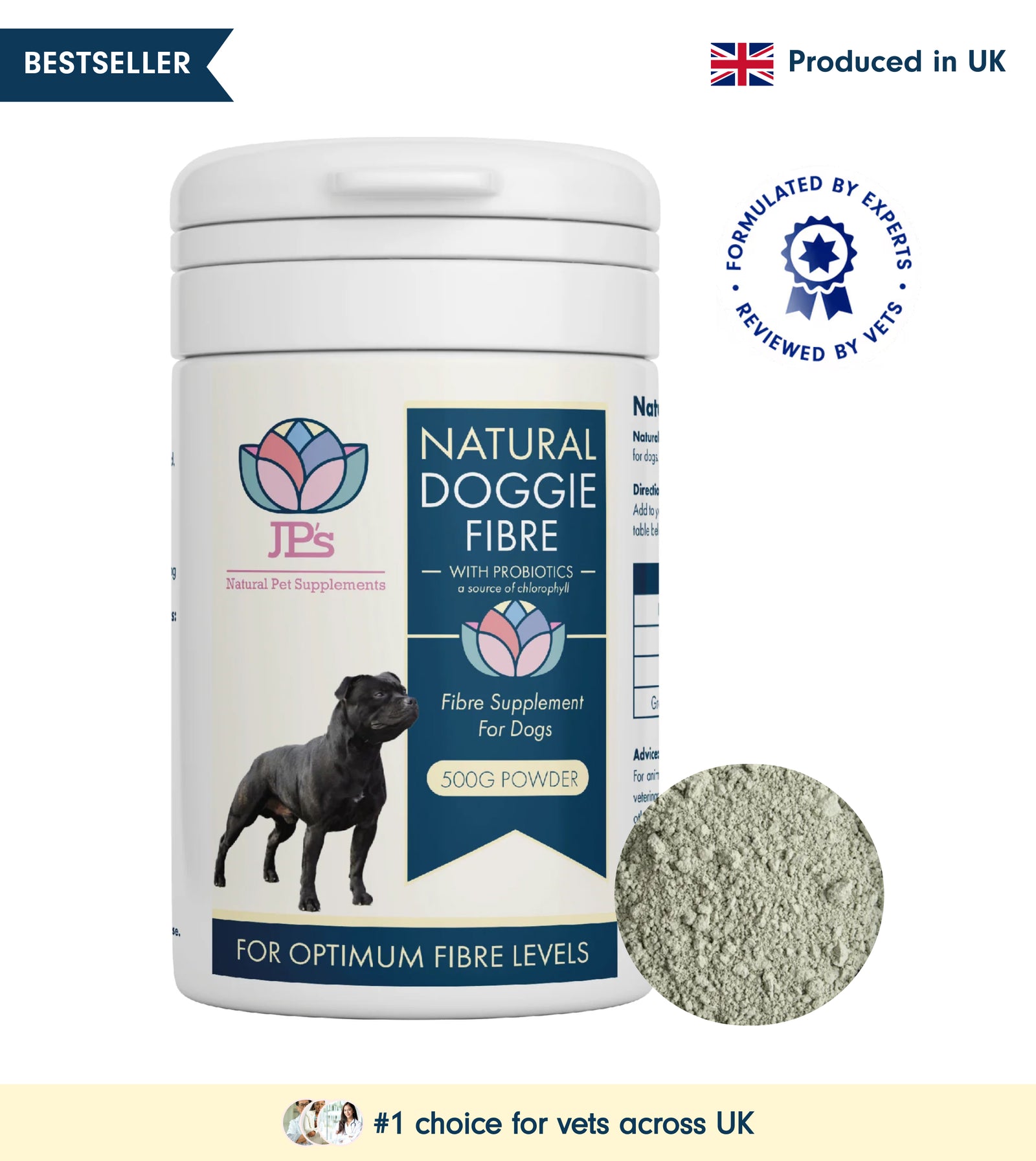
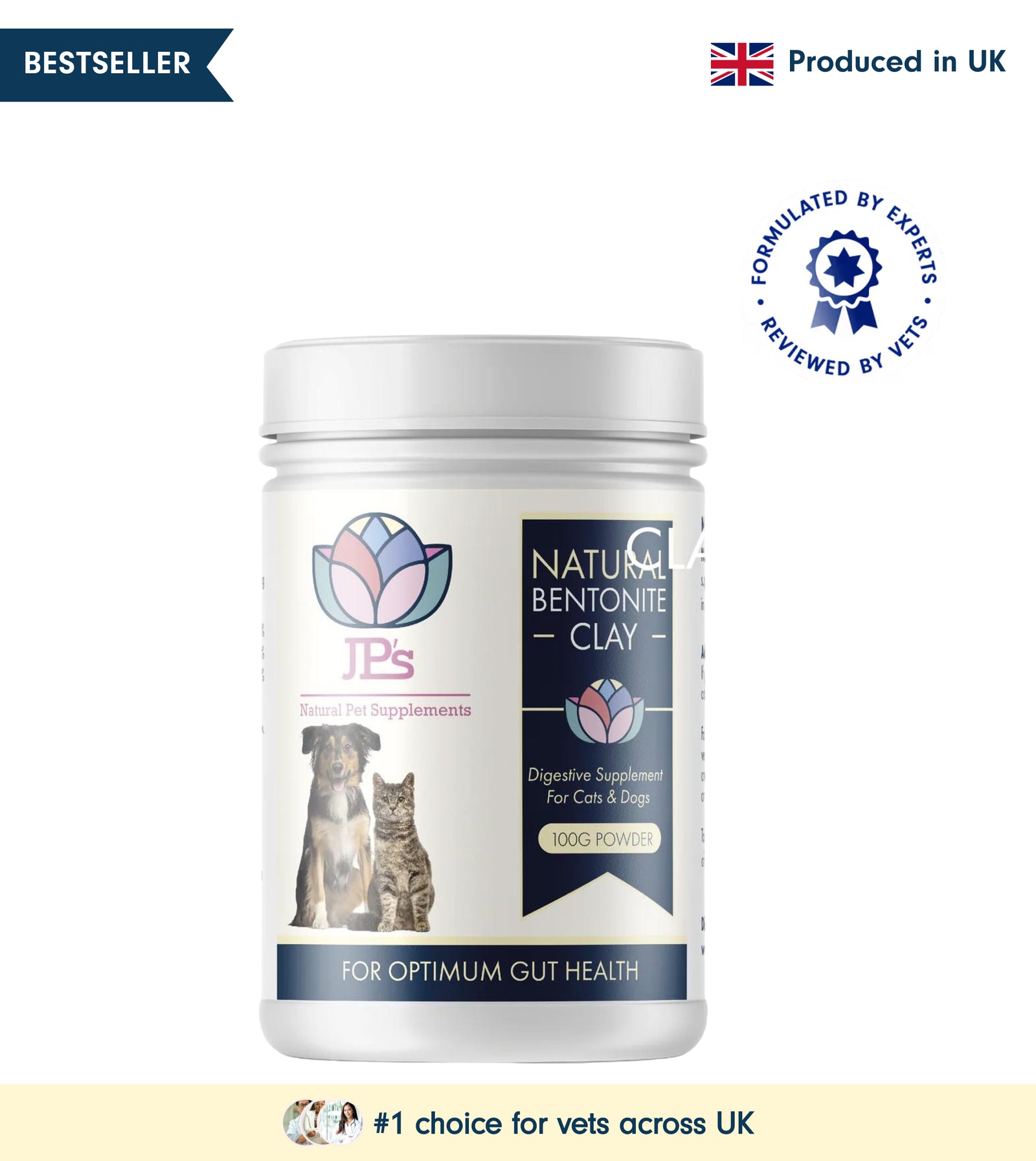
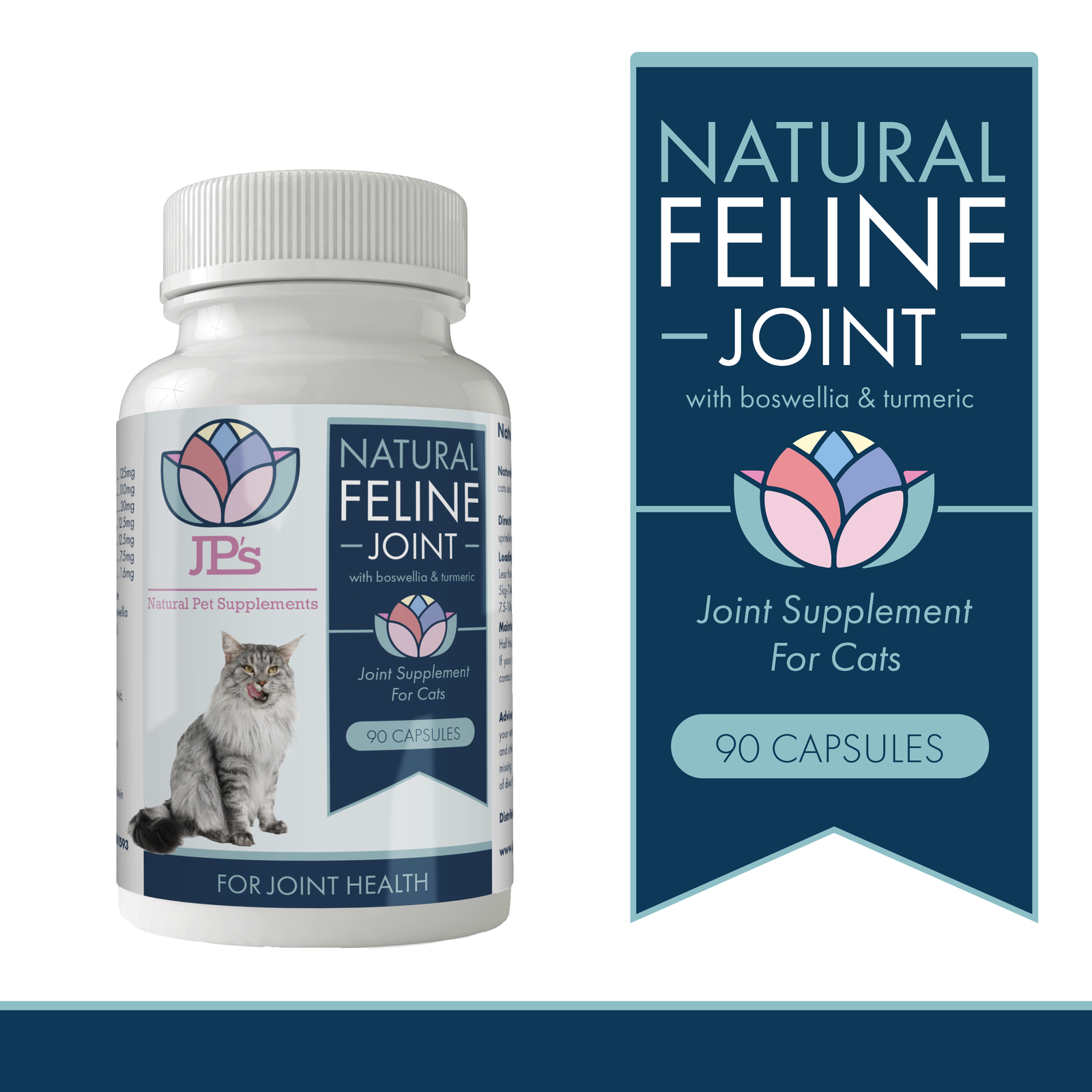
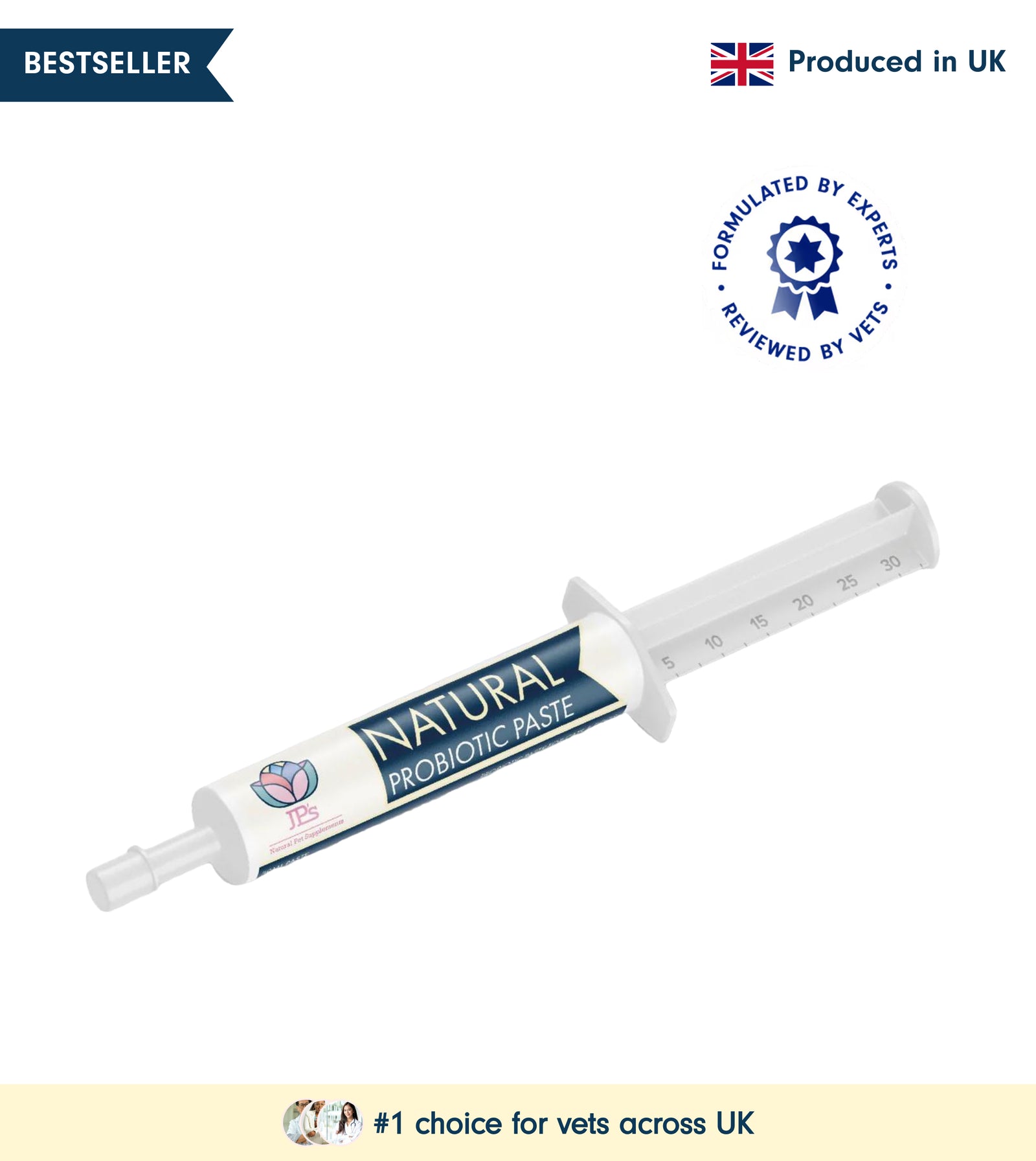
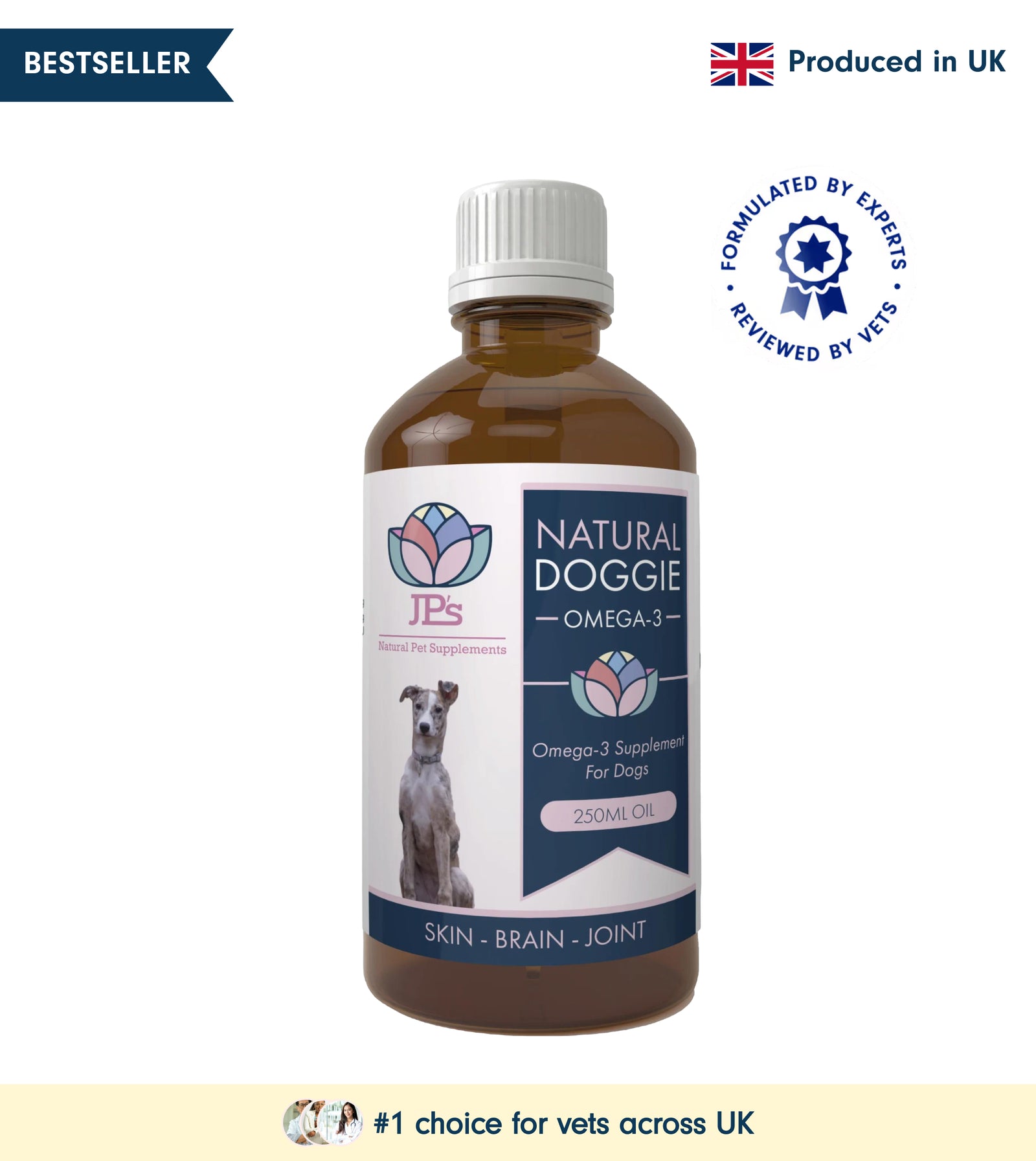
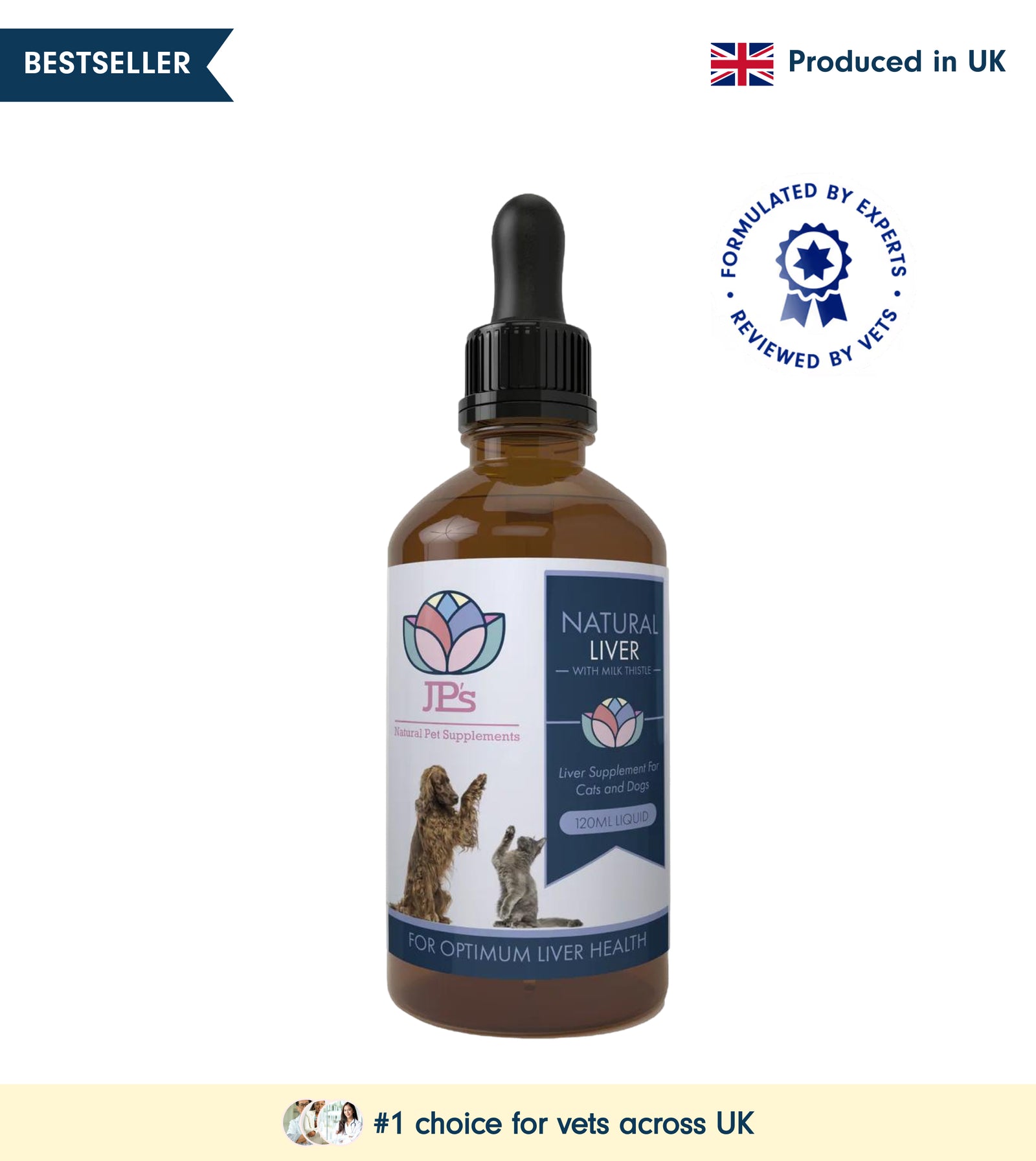
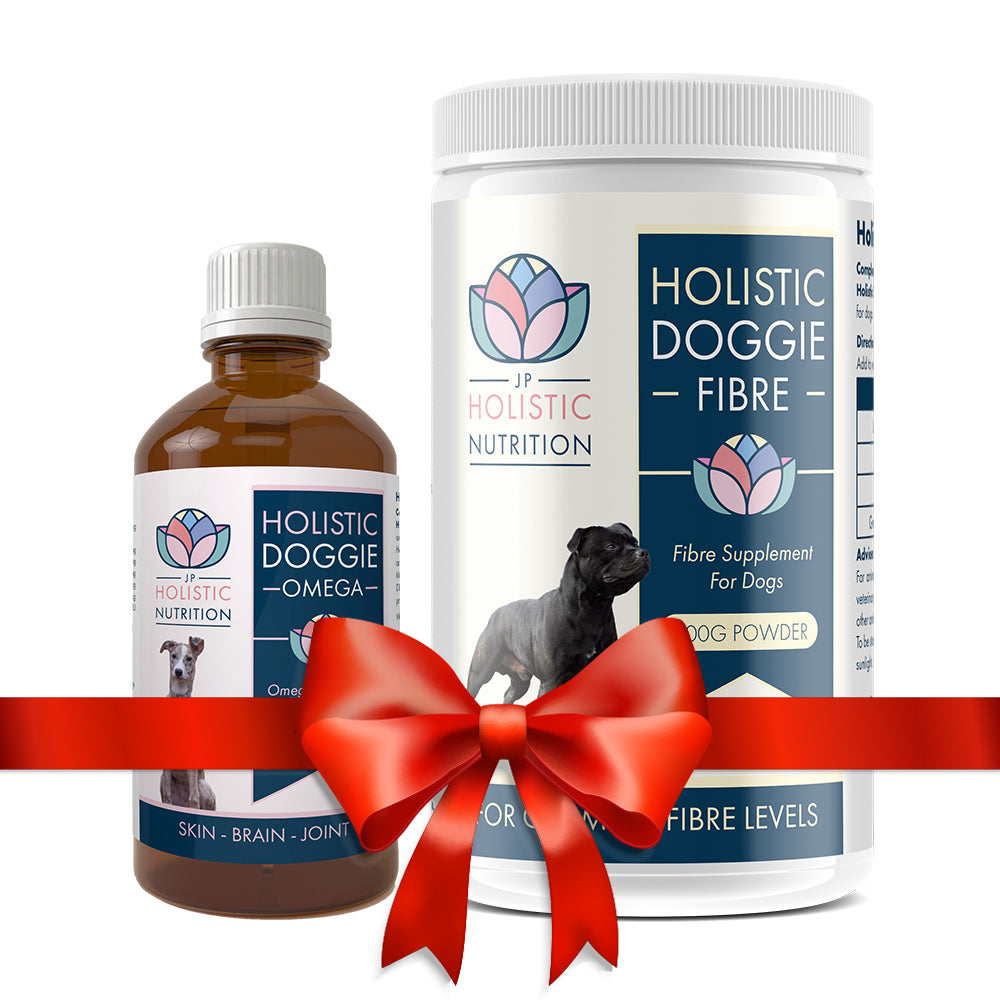
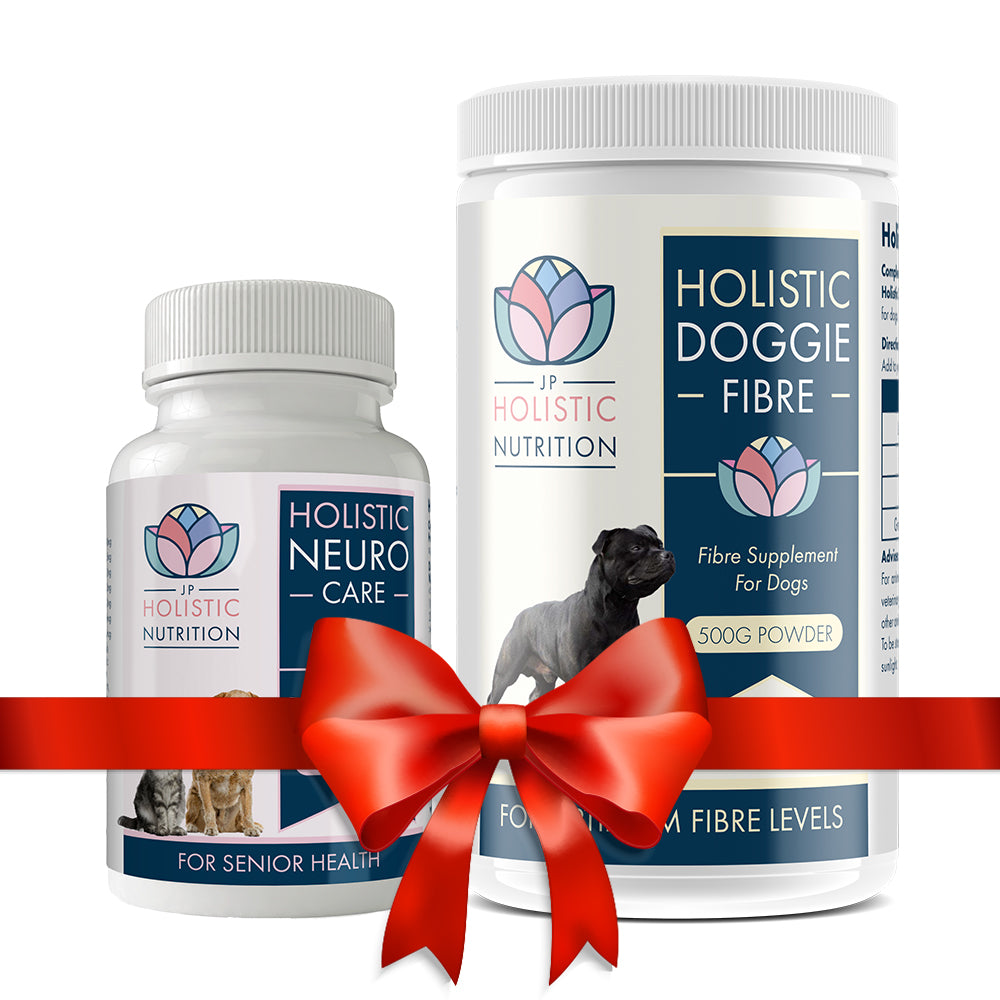
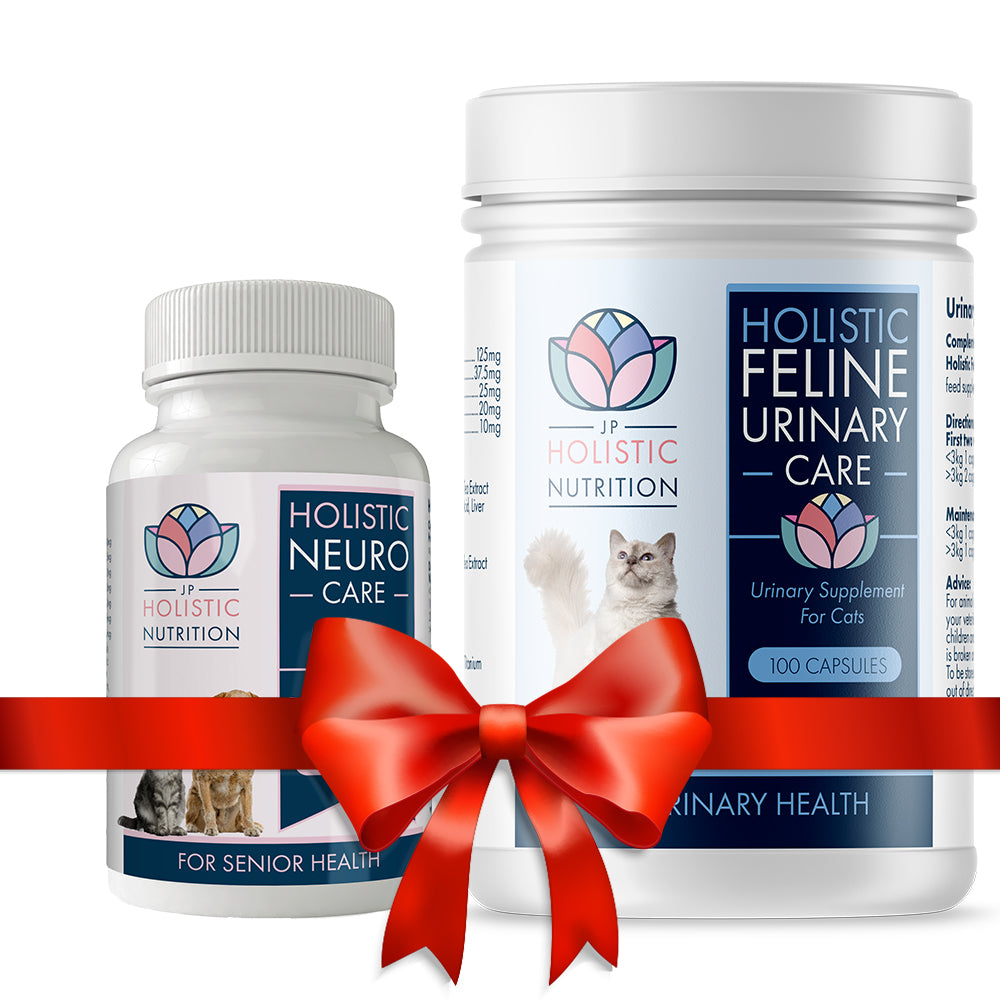
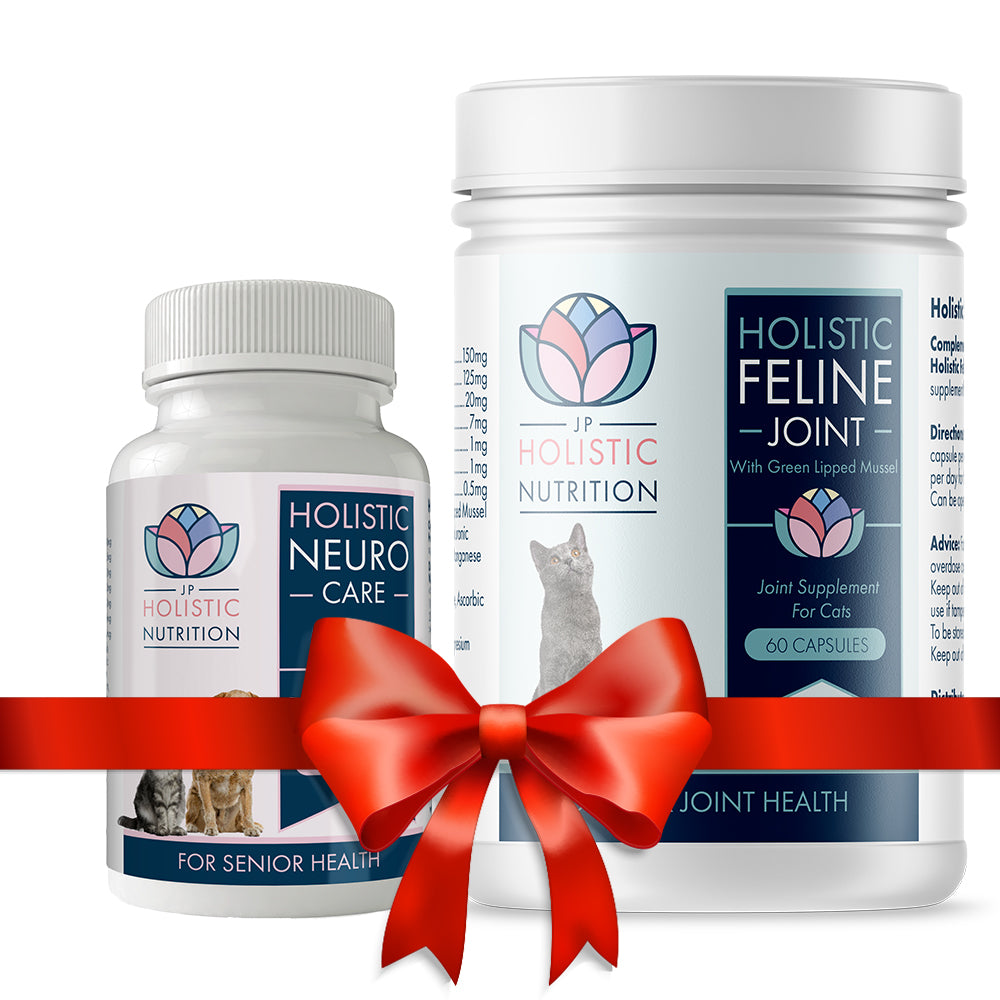
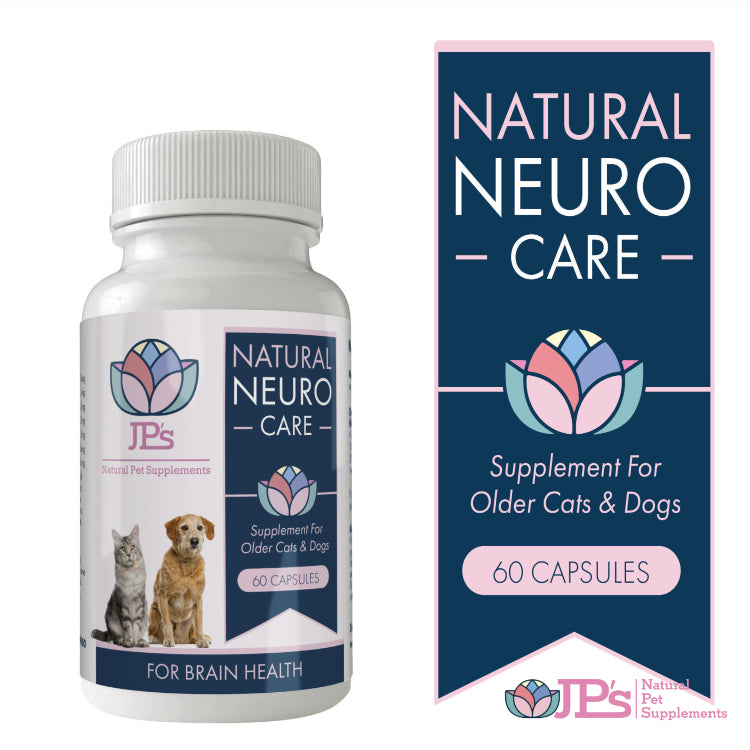


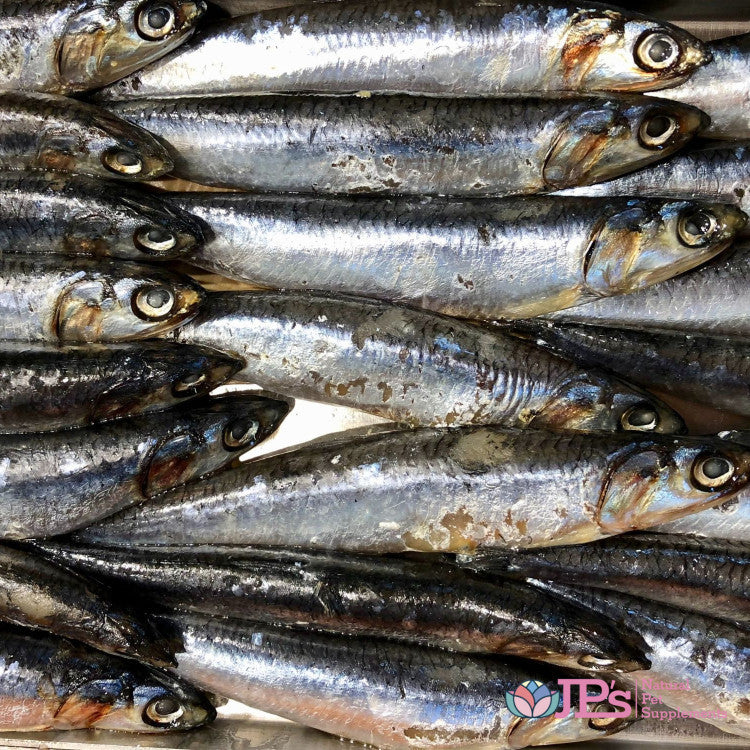
Leave a comment (all fields required)